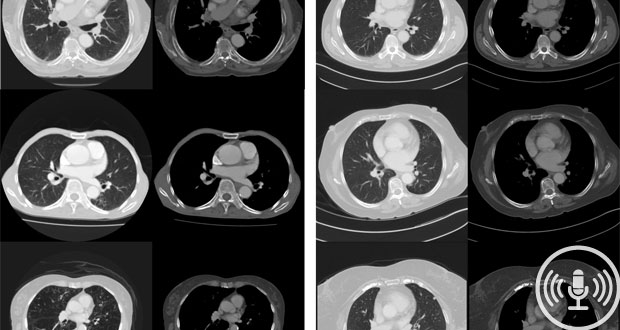What if a computer could tell you when you will die?
The concept sounds like an elevator pitch for a science fiction novel but University of Adelaide researchers are working to bring the idea to life.
Recent research, published in the Nature journal Scientific Reports, explored the ability of artificial intelligence to predict a person's lifespan using images of their organs.
The research team, comprising experts from the University of Adelaide’s schools of public health and computer science, and Australian and international collaborators, used artificial intelligence to analyse the medical imaging of 48 patients' chests.
The analysis was able to predict which people would die within five years with 69 per cent accuracy. The authors said this is comparable to manual predictions by clinicians.
The team said the technology could have implications for the early diagnosis of serious illness and medical intervention. Lead author Dr Luke Oakden-Rayner, a radiologist and PhD student at the University, said predicting the future of a patient may allow for tailored treatments.
"Our research has investigated the use of deep learning, a technique where computer systems can learn how to understand and analyse images," Oakden-Rayner said. "Although for this study only a small sample of patients was used, our research suggests that the computer has learnt to recognise the complex imaging appearances of diseases, something that requires extensive training for human experts.”
The most confident predictions were made for patients with severe chronic diseases such as emphysema and congestive heart failure and the researchers hope to apply the same techniques to predict other important medical conditions, such as the onset of heart attacks.
Oakden-Rayner said: "Our research opens new avenues for the application of artificial intelligence technology in medical image analysis, and could offer new hope for the early detection of serious illness, requiring specific medical interventions".
Do you have an idea for a story?Email [email protected]
 Aged Care Insite Australia's number one aged care news source
Aged Care Insite Australia's number one aged care news source

